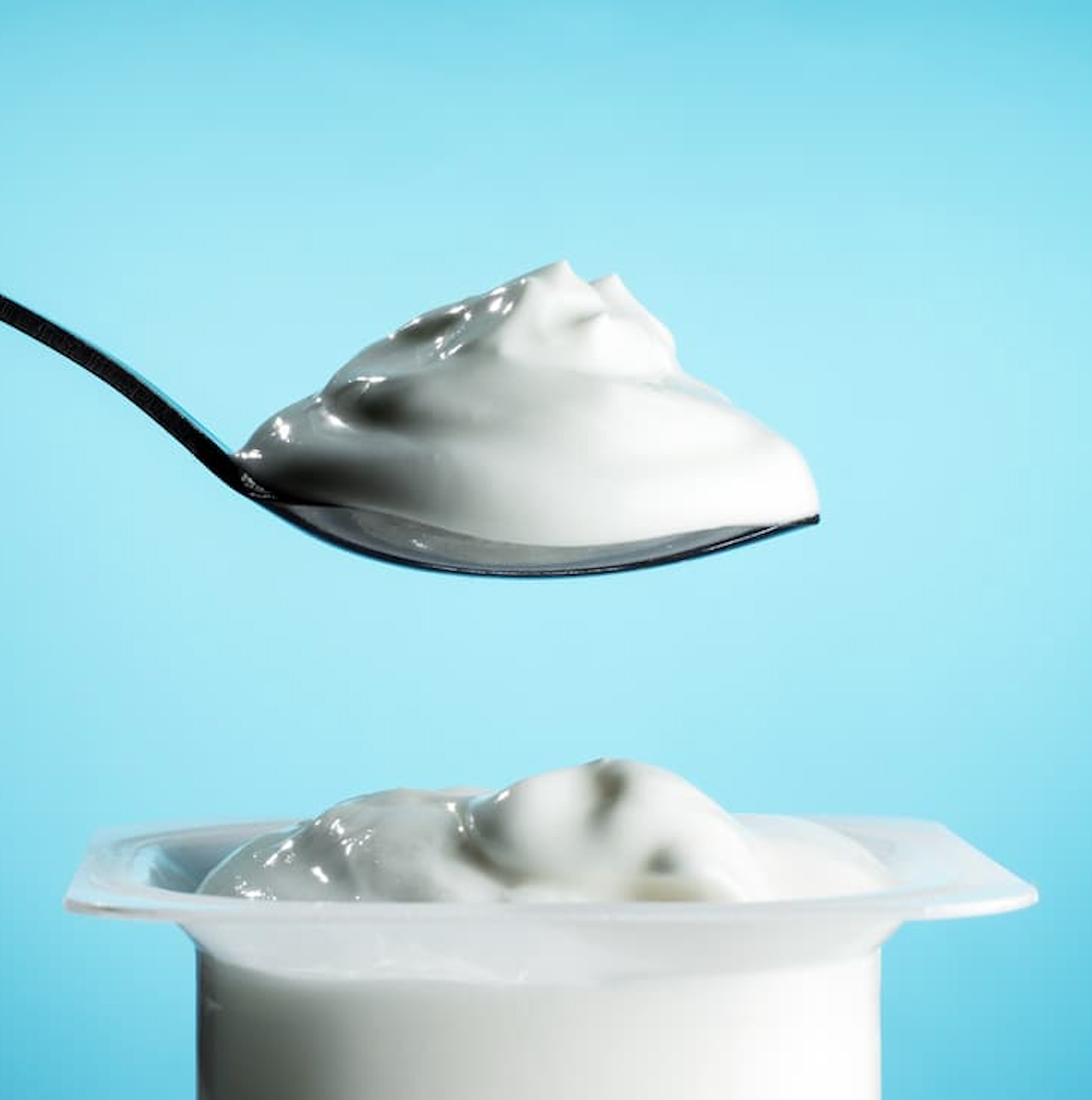Regular Yogurt Intake May Lower Risk of Certain Colon Cancers
A new study suggests that eating yogurt at least twice a week may reduce the risk of colorectal cancer, but only for tumors containing the beneficial bacteria Bifidobacterium.
By
Lana Pine
| Published on February 12, 2025
4 min read
Credit: Adobe Stock/Igor Nikushin

Individuals who ate yogurt at least twice a week had a lower risk of developing tumors that contained beneficial bacteria Bifidobacterium but not tumors without it. Findings suggest yogurt may have a protective effect against some types of colorectal cancer, particularly in the proximal (upper) part of the colon.
Previous research has indicated probiotics in yogurt, including Bifidobacterium, may play a cancer-preventative role due to their effect on the composition of intestinal microbiota and/or the function of intestinal barrier.
“Considering the important roles of both diets and the intestinal microbiota in colorectal carcinogenesis, it is of great interest to examine whether the effect of yogurt on colorectal cancer incidence differs by Bifidobacterium abundance,” wrote a team of experts led by Satoko Ugai, Ph.D., a postdoctoral research fellow at Harvard T.H. Chan School of Public Health.
To investigate whether eating yogurt regularly affects the risk of developing colorectal cancer, depending on the presence of Bifidobacterium in tumors, researchers followed over 132,000 people from two prospective cohort studies (the Nurses’ Health Study [NHS] and the Health Professionals Follow-up Study [HPFS]) and the prospective cohort incident-tumor biobank method (PCIBM).
Individuals registered in the cohorts completed questionnaires at enrollment and every two years thereafter to collect information on demographics, body weight, medical history, family history of colorectal cancer, aspirin use, lifestyle factors and disease outcomes. A food frequency questionnaire (FFQ) was completed at baseline and approximately every four years thereafter, which determined the average daily plain and flavored yogurt intake in the previous year. The FFQ also collected information on the intake of other dairy products, processed meat, red meat, alcohol, vitamin D and folate.
In total, 3,079 incident colorectal cancer cases were reported, including 1,121 with available tissue Bifidobacterium data, of which 31% were Bifidobacterium-positive (346 cases) and 69% were negative (775 cases).
Investigators did not find a significant link between yogurt intake and the general risk of colorectal cancer.
However, people who ate yogurt two or more times a week (compared with less than 1 serving a month) had a 20% lower risk of developing colorectal cancer with Bifidobacterium-positive tumors. No risk reduction was observed for those with Bifidobacterium-negative tumors.
Yogurt intake seemed to lower the risk of Bifidobacterium-positive tumors in proximal colon cancer, although these findings were not statistically significant. The pattern did not appear in cancers of the distal colon or rectum.
Results were consistent among different types of sensitivity analyses, meaning the findings were consistent even when adjusting for other factors like calcium intake or analyzing data in different ways.
Investigators noted the prospective study design enabled them to evaluate diets and other lifestyle factors without recall bias and allowed them to assess the potential confounding of other cancer risk factors. Additionally, they were able to determine the cumulative averages of yogurt intake as dietary information was collected at multiple points in time. However, the intake assessments were self-reported, which may have led to small measurement errors. Additionally, the generalizability was hindered as patients enrolled in the cohorts were health professionals and most were non-Hispanic White.
“Given considerable heterogeneity in colorectal cancer by tumor subtypes, our findings suggest a potential differential influence of yogurt intake on colorectal cancer risk according to the abundance of tumor tissue Bifidobacterium,” investigators wrote. “Further studies are warranted to elucidate the potential mechanisms for the effects of long-term yogurt intake on colorectal carcinogenesis.”

